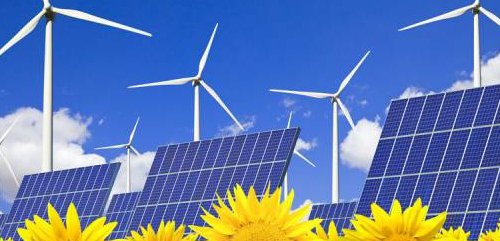A Greek plan for RES auctions has been endorsed by the European Commission and is now approaching implementation. The approval, offered despite the fact that Greece’s energy ministry has yet to submit its finalized version of the plan, was propelled by a consensus reached in preceding talks with Brussels authorities, energypress sources informed.
Two ministerial decisions still required for the RES auction plan’s implementation are currently being processed. These will specify issues such as the number of rounds of auctions to be staged and their terms.
Separate auctions will be staged for the photovoltaic and wind energy sub-sectors, while neutral pilot auctions accessible to investors of both technologies will also be made available.
The plan covers a three-year period, 2018 to 2020, while a new program will follow, based on the country’s strategic energy plan, expected to be delivered in 2019 and reach all the way to 2030.
According to the current plan, one RES auction will be staged every year between 2018 and 2020 for photovoltaic investors and offer at least 100 MW, annually, for a total capacity of 300 MW. The same set-up is also planned for the wind energy sub-sector.
As for the neutral pilot auctions, to be made available to both solar and wind energy investors, the plan entails yearly auctions in 2019 and 2020, both in the first half of each respective year. Each will offer 200 MW to either technology, without restrictions, for a 400-MW total over the two-year period.
RES auctions are also being planned for regions where license applications have not been submitted despite the availability of electricity capacity. The submarine cable interconnections of Polypotamos-Nea Makri and the Cyclades are two such cases. It is believed that these auctions will offer a total capacity of approximately 300 MW.
An auction offering at least 300 MW is also planned for large-scale photovoltaic investments.
Auctions are not being planned for other RES sub-categories (biomass, biogas, small hydropower units) and thermal energy stations as the current level of investor interest is not strong enough to generate competition.





